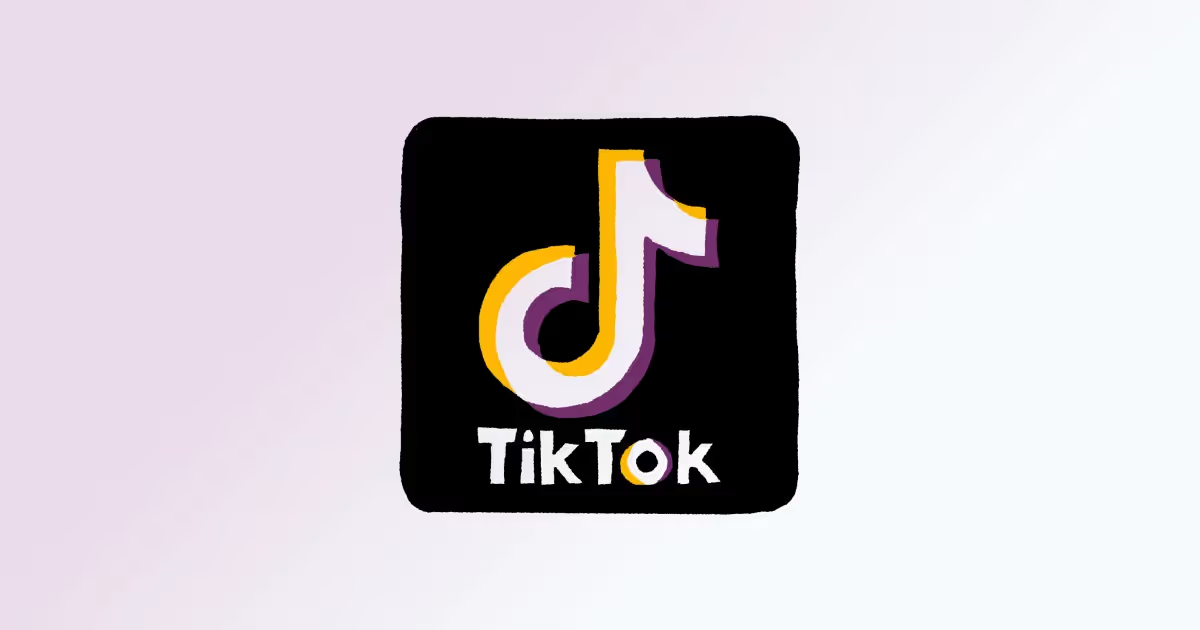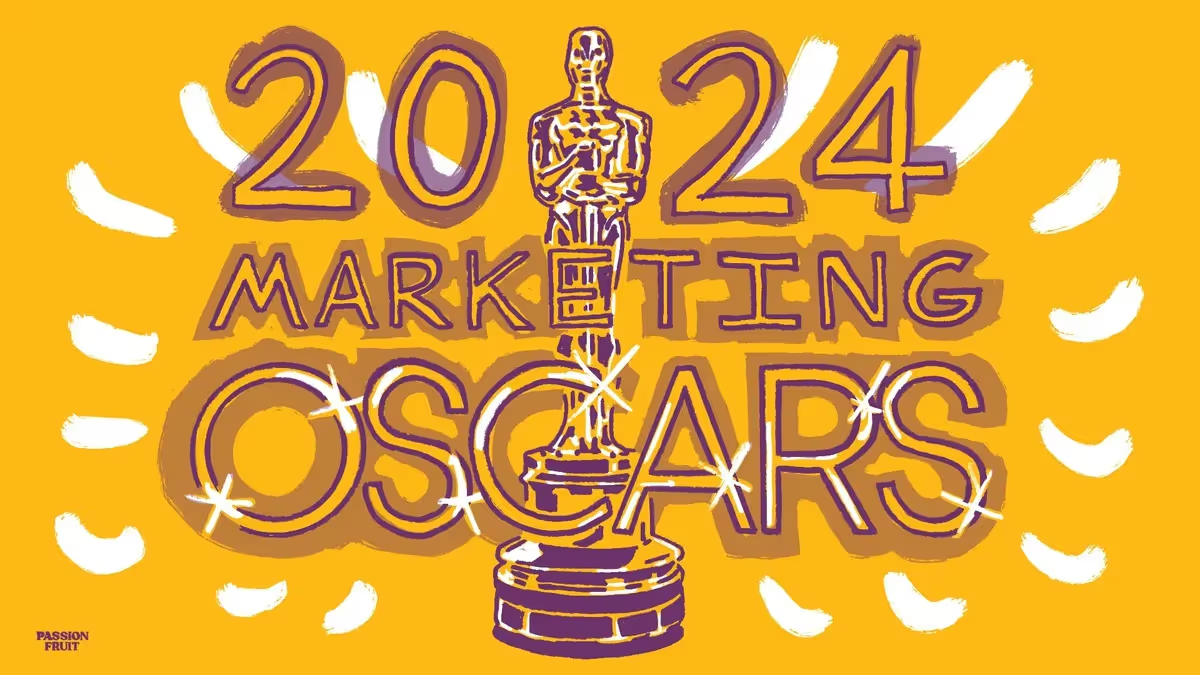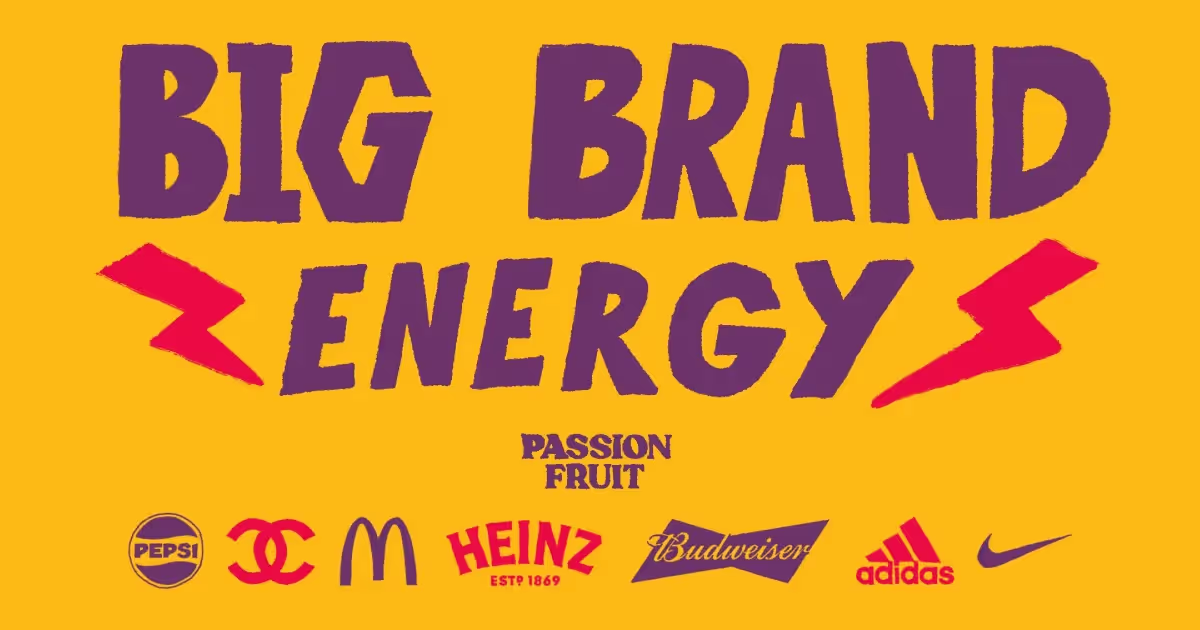It’s possible that none of the people reading this have heard of Kevin Kelly. Wikipedia will inform you that “Kevin Kelly is the founding executive editor of Wired magazine, and a former editor/publisher of the Whole Earth Review. He has also been a writer, photographer, conservationist, and student of Asian and digital culture.” But that definition does nothing to sketch the full extent of his impact across the worlds of business, technology and culture.
Take just one of his articles, 1,000 True Fans: this is the bedrock of the creator movement. Every Instagrammer, TikToker, YouTuber, Podcaster and Influencer that you follow fits with Kelly’s assertion that individuals can monetise their individuality for a niche, captive audience. His work has become the financial foundation of millions, soon to be billions of lives. What’s even more impressive is that Kelly wrote 1,000 True Fans in 2008 - years before any of these platforms had been built. Books will be written about a man who’s been described as the “most interesting man in the world”.
But today we want to share the crown jewel of his work: his “unsolicited advice”. Put simply, this is a set of musings about life delivered in pithy sentences. It’s easy to mock them and see them as cheesy but if you let your guard down and allow yourself to be reflective, they can leave you asking some of the big questions. Links are at the bottom for you to read them in full, but before that we’re going to suggest what founders can glean from them as they try to grow a business from the bottom up. It’s a short curation of Kelly’s work, with some takeaways throughout. You might call it an unsolicited interpretation of unsolicited advice:
“Ignore what others may be thinking of you, because they aren’t.” Lots of start-ups fail because their founders ignore this piece of advice. What Kelly is helping us to understand is that, chances are, your story is not Netflix-worthy: there’s the famous Netflix genesis story, where in 2000 the founding team offered the company up for sale at $50m, and they were laughed out the room by Blockbuster’s executives. (As of today, Netflix is worth over $30bn and, in the words of its co-founder, “Blockbuster had 9,000 stores. Now there is one.”)
Chances are that your business isn’t at risk of a high-profile death-by-executive-laughter demise. In fact, the danger is death-by-apathy. Indifference is the biggest challenge a startup faces. If you are bringing something new into the world, you are changing the world - and there are people for whom the world works just fine. They’re not thinking about you because what you’re doing feels irrelevant to their lives, they don’t give a second thought. You can see this kind of indifference in practice, with a clip taken from Keir Starmer’s campaign trail:
Starmer and start-ups spend their whole time imagining how they will come across to their audience. What should terrify a founder more than a negative reception is this kind of reception: no reception at all. Your target market likely just wants to get on with their day as they always have. It’s for this reason that the story you tell as a brand is as important as your product. If the end goal of a startup, in Paul Graham’s definition, is “to be a successful product company in the sense of having a single thing lots of people use”, then step one is a clear and well-communicated sense of why customers should even begin to consider using that single thing.
This leads onto another core Kellyism: “Don’t be the best. Be the only.” In essence what we’re talking about here is product-market fit (PMF): that famous buzz phrase which all founders are taught to search for. PMF is that moment where you have found some small, open crevice of a customer’s life and built a product that so delightfully fills the void, that they keep coming back for more. It looks a bit like this:
To be “the only” in this way requires a refined understanding of your customer. You have to imagine walking in their shoes, or better still – you have actually have spent time in their shoes. This is the only way to know the pain for which you’re providing the ointment; the only way to be “the only”.
But don’t get it twisted: a well-conceived, empathetic product does not guarantee results. Often founders will talk about their USP, or how their product is differentiated, as if there is some god-given right to success that comes with insight and ingenuity. Never forget - this is our third piece of Kelly’s advice - that “being enthusiastic is worth 25 IQ points.” Many founders like to tell the stories of other founders doing things that don’t scale, but how many founders can recount their own hustle in good faith?
Within reason, do things that make you feel uncomfortable - whether that’s putting yourself front and centre of your content marketing, or physically getting people to engage with your product - because there is always someone new to hear your message, and someone they might know who will want to hear it too. In this, again, the world of politics and start-ups are not that far apart. What’s great nowadays is that we are shifting into a world where you can talk about the difficulties of this and be applauded, not shamed. But this doesn’t detract from the fact that launching a start-up requires you to repeat the same message – with no exaggeration – thousands upon thousands of times.
It's for this reason that, as Kelly advises, “if someone is trying to convince you it’s not a pyramid scheme, it’s a pyramid scheme.” There are no get-to-scale-quick schemes. Look at the story of Webflow:

Increasingly, there are tools that make it easier to put in the graft – such as Airtable’s automation for sending cold emails – but the graft cannot be escaped. There are parallels here with Michelle Obama’s perspective on the battle for racial justice. While a moment in the limelight is always welcome, day to day there is only “honest, uncomfortable work of rooting it out.” The fight to build a business, like the fight for the world to realise that Black Lives Matter, takes place in the accumulation of tiny victories, even if progress is measured at big milestones. Or, in Kelly’s words: “All the greatest gains in life — in wealth, relationships, or knowledge —come from the magic of compounding interest — amplifying small steady gains. All you need for abundance is to keep adding 1% more than you subtract on a regular basis.”
As promised, you will find the “unsolicited advice” in full here and here.







